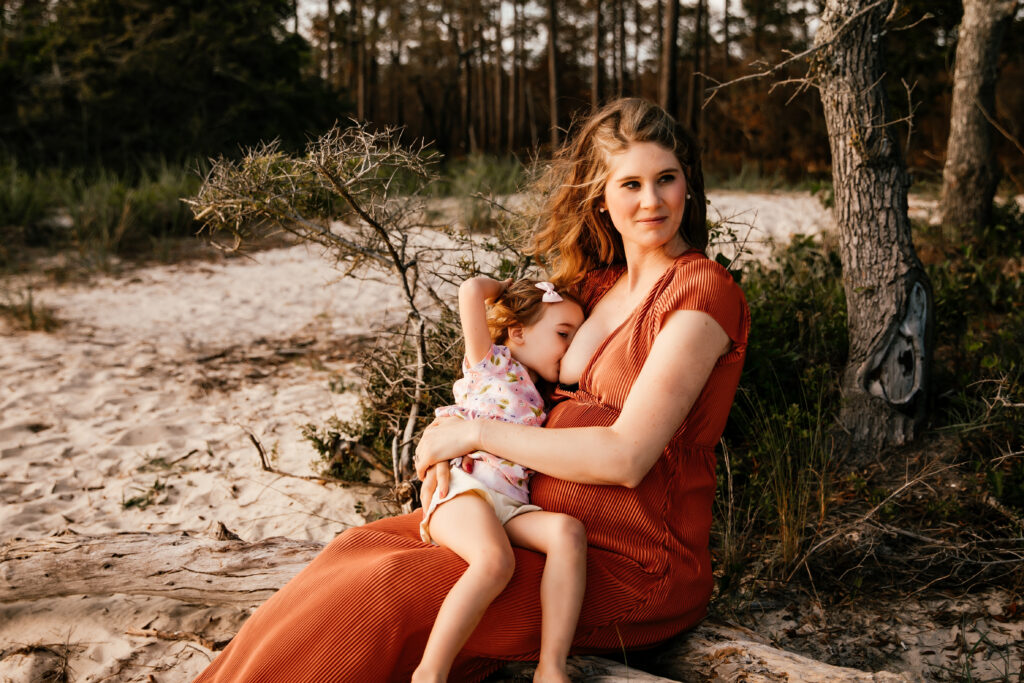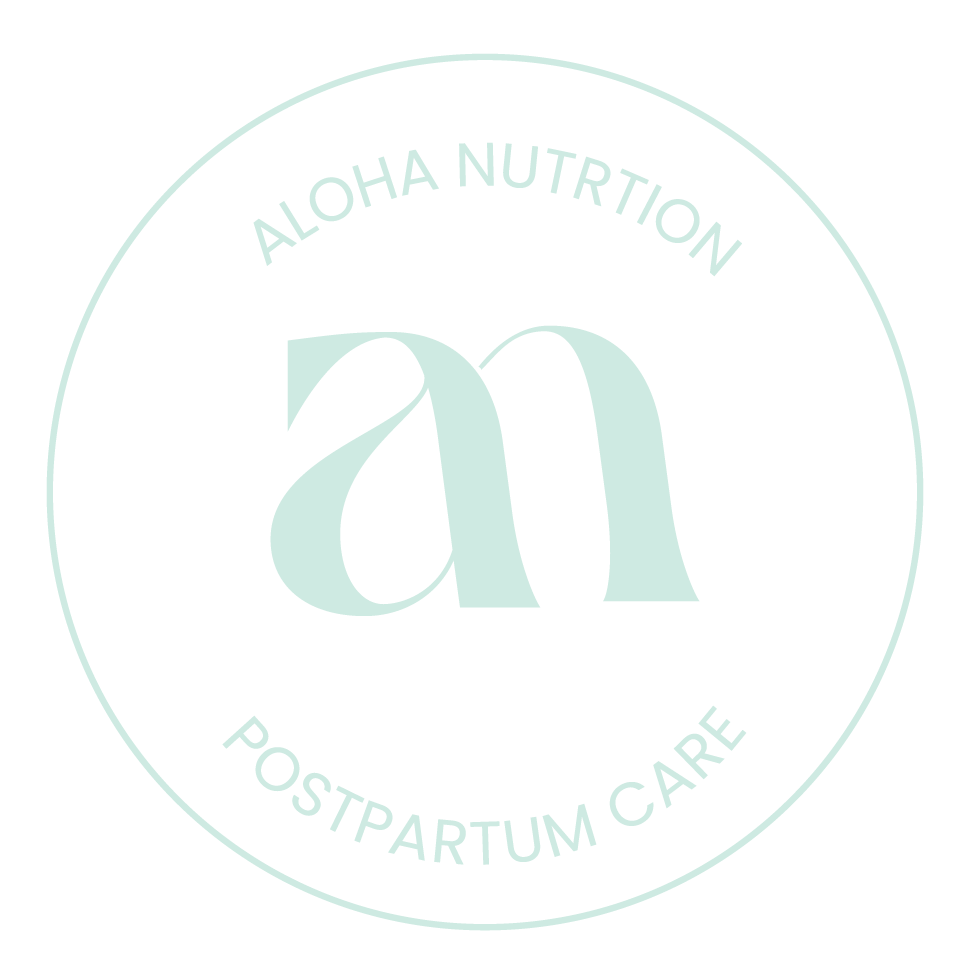Debunking Myths About Breastfeeding: Pacifying and Dream Feeding Won’t Lead to Emotional Eating
In a Facebook group, I recently stumbled upon a heated debate about whether allowing babies to pacify at the breast could lead to emotional or mindless eating in adulthood. The conversation echoed something I’ve heard from some sleep trainers and consultants: that dream feeding could cause babies to develop unhealthy eating habits later in life, potentially contributing to the obesity problem in our country. ? Are you serious?!
As both an International Board Certified Lactation Consultant (IBCLC) and a dietitian, I have to dispel this theory!
Let’s dive into this!

The Comfort and Nutritional Roles of Breastfeeding
First off, moms should not be discouraged from following their instincts to offer the breast for soothing and comfort. Breastmilk is not merely food; it provides hydration and comfort. Pacifiers mimic the breast because babies naturally seek to suckle for comfort.
Babies exhibit two forms of sucking at the breast:
- Nutritive Sucking: Active sucking where they remove milk.
- Non-Nutritive Sucking: Flutter suckling or pacifying, which provides comfort.
A baby will not nurse or actively nurse if they’re not hungry. Babies are incredibly attuned to their hunger cues, largely thanks to hormones like ghrelin and leptin present in breastmilk. When hungry, babies root for the breast and stop nursing once satisfied.
Personal Experience with Dream Feeding
During my breastfeeding journey, I often tried to do a dream feed or woke up engorged and attempted to feed my baby, only to find they were not interested in nursing. Frequently, I had to hand express to relieve the engorgement. This clearly shows that babies have a natural regulation for their hunger and feeding needs.
The Real Causes of Emotional and Mindless Eating
So, what actually leads to emotional and mindless eating in adults? It’s not breastfeeding. The real culprits are:
- Forcing children to eat when they’re not hungry.
- Insisting they finish everything on their plate.
- Diet culture.
- Restricting certain foods, which can lead to binge eating later.
Breastfeeding, including pacifying at the breast and dream feeding, fosters a healthy relationship with food from the start. Babies learn to trust their hunger cues and feel comforted by their feeding experience.
Trust Your Instincts
If pacifying at the breast or dream feeding works for you and your baby, continue to do so without guilt. Trust in the natural cues of your baby and in your instincts as a mother. The bond and comfort provided by breastfeeding are invaluable and not the cause of disordered eating.
Have you been told not to dream feed or pacify at the breast due to fears of disordered eating in adulthood? Share your experiences and thoughts below!





